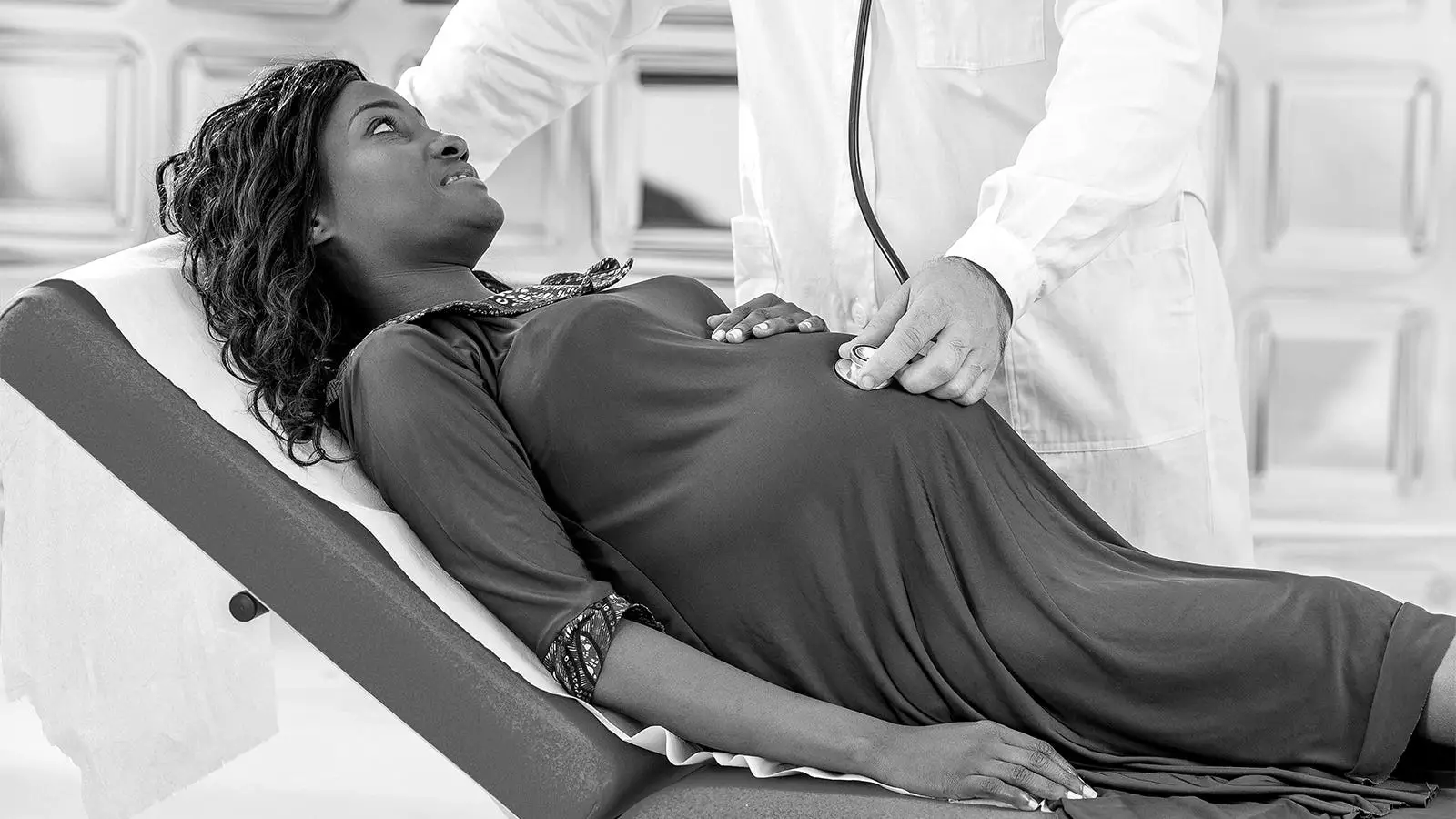According to a CDC study, one in five U.S. women reported being mistreated during maternity care. This alarming statistic sheds light on the challenges faced by women during this critical time in their lives. The study revealed that the rates of mistreatment were even higher among Black, Hispanic, and multiracial women. Furthermore, women with public insurance or no insurance reported higher rates of mistreatment compared to those with private insurance. It is deeply concerning that women from marginalized communities are experiencing higher levels of mistreatment and discrimination during maternity care.
The most commonly reported experience of mistreatment was being ignored or having a request for help denied by healthcare providers. Other frequent examples included being shouted at, violations of physical privacy, and threats to withhold treatment or being made to accept unwanted care. These experiences are completely unacceptable and highlight the urgent need for change in the healthcare system. No mother should have to endure such mistreatment when seeking care for themselves and their babies.
The study also revealed high levels of discrimination experienced by women during maternity care. Black, Hispanic, and multiracial women reported even higher levels of discrimination. Discrimination based on age, weight, and income were the most common, but the prevalence varied among different racial and ethnic groups. It is distressing to see that discrimination is still a significant issue in maternal healthcare. This discrimination not only affects the overall well-being of mothers but has also been linked to pregnancy complications.
The researchers highlighted the alarming rise in maternal death rates from 2018 to 2021. The rates have nearly doubled, with certain racial and ethnic groups experiencing higher rates of pregnancy-related deaths than whites. It is deeply concerning that such deaths are largely preventable. Improving the quality of maternity care is crucial in preventing these tragic outcomes. The healthcare system must take immediate action to address the disparities in care and ensure that all mothers receive equal and respectful treatment.
The study also highlighted communication challenges between patients and providers. Many women reported suppressing questions or concerns during maternity care due to various reasons. Some felt that what they were experiencing was normal, while others were influenced by friends and family who assured them that everything was fine. Embarrassment, not wanting to make a fuss, and worrying about being perceived as difficult were also common reasons for not raising concerns. Additionally, the perceived rush and lack of time from healthcare providers deterred women from expressing their concerns fully. These communication barriers must be addressed to ensure that women’s voices are heard and their needs are met during maternity care.
What Can Be Done?
Improving the quality of maternity care requires comprehensive changes in the healthcare system. Strategies such as implicit bias training for providers, recruiting providers from diverse backgrounds, and integrating midwifery models and doulas into maternity care can help address the challenges faced by women. By addressing bias and ensuring cultural competence, healthcare providers can provide unbiased and respectful care to all mothers. The CDC’s Hear Her campaign offers resources to help women and their support networks communicate their concerns effectively. Moreover, it is essential to educate women about life-threatening warning signs so they can seek immediate care when needed.
Limitations of the Study
It is important to acknowledge the limitations of this study. The survey was conducted on an “opt-in” basis and did not utilize probability sampling or weighting, which means that the results may not be representative of the entire U.S. birthing population. There is also a potential for recall bias, as responses are based on the participants’ memory. Furthermore, the survey was only conducted in English, which means that the experiences of non-English speakers may not be adequately captured. These limitations should be taken into consideration when interpreting the findings of the study.
The mistreatment and discrimination experienced by women during maternity care is a pressing issue that demands immediate attention. The rates of mistreatment and discrimination were significantly higher among women from marginalized communities. The rise in maternal death rates further emphasizes the need for comprehensive changes in the healthcare system. By addressing bias, improving communication, and providing culturally competent care, we can ensure that every mother receives respectful, fair, and equal care during pregnancy and delivery. It is time for the healthcare community to reflect on these findings and take action to improve the experiences of mothers during one of the most vulnerable periods of their lives.


Leave a Reply